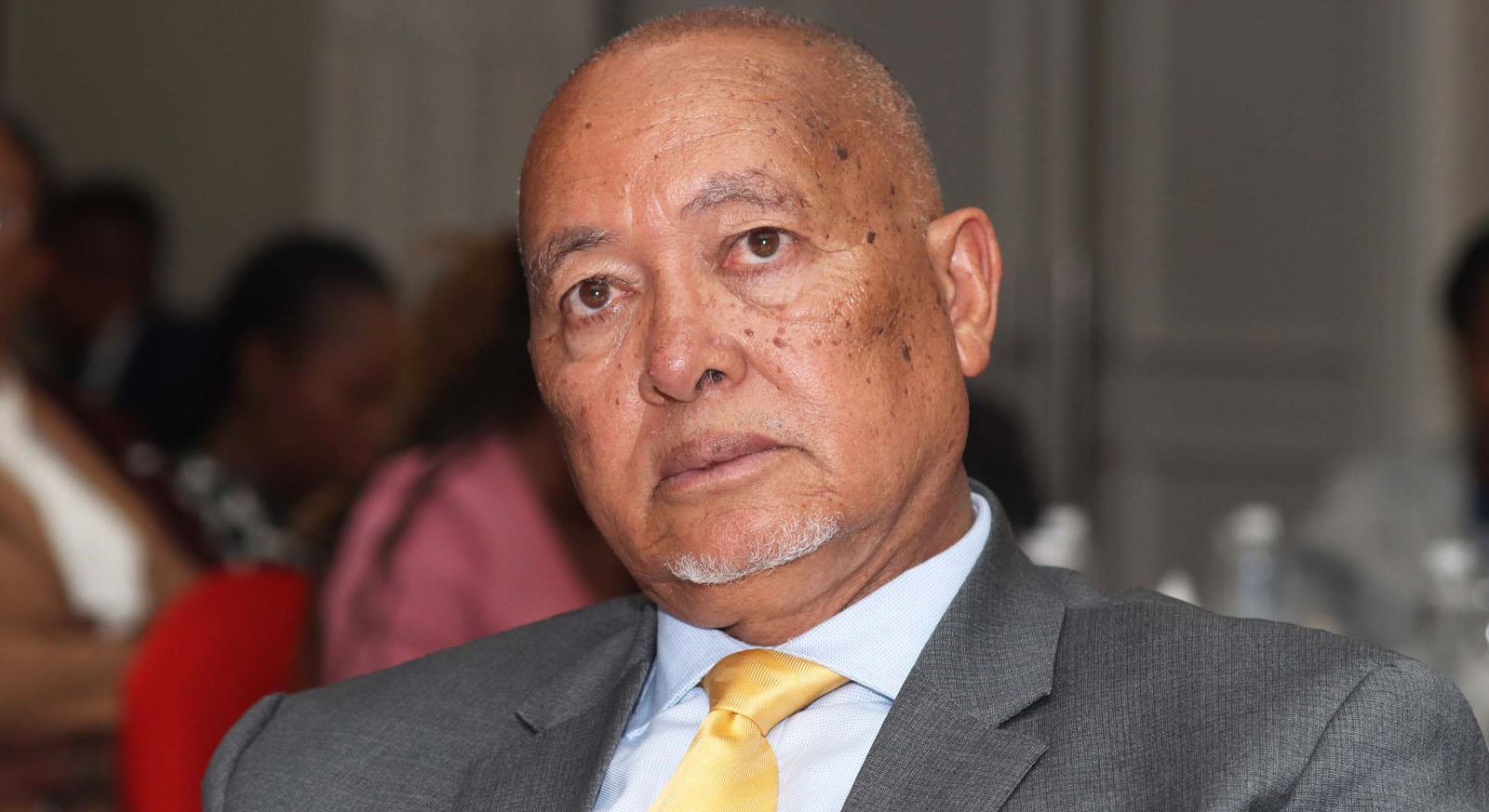Scholars discuss global health issues

SHARE THIS PAGE!
The National University of Lesotho’s Faculty of Health Sciences, Department of Nutrition, and the Faculty of Law, in collaboration with the International Human Rights Lab (IHRL), last week organised the Second Annual Debate Competition under the theme ‘Global Action for Universal Health’.
This year’s campaign is titled ‘Healthy Beginnings, Hopeful Futures’. The competition brought together students from diverse academic backgrounds, including law, health sciences, and nutrition, to engage in critical discussions surrounding global health issues and the role of international law in achieving Universal Health Coverage (UHC).
theReporter’s Neo Kolane sat down with WHO Representative to Lesotho, Dr Innocent Nuwagira, to reflect on the World Health Day commemoration debate.
What is the significance of celebrating World Health Day?
World Health Day is supposed to be on April 7 every year. This is the day when WHO came into being.
On April 7, 1948, the WHO constitution came into force establishing WHO as a United Nations (UN) agency for international public health, which is now called global health activities.
Celebrating World Health Day reminds people of why their health is important, as well as their commitments and responsibilities.
WHO reminds, supports countries, protects all the people including even the vulnerable and disadvantaged groups to make sure that wherever they are they can have the highest possible quality of health care that they need and deserve
What inspired NUL to organise this debate for World Health Day specifically?
Lesotho is a member WHO, and so all of its people including the young need to participate in health issues. We’re pleased that academic institutions and young people are joining the debate on global health in their country, settings, and communities.
This debate was particularly insightful given the current situation within global aid funding. The students were keen to know whether the abrupt cut by different donor countries is an opportunity or a disadvantage. This was a good opportunity for them to rethink how some of the things that have happened in the recent past, like aid cuts, could affect the pursuit for universal health coverage
How do you see the World Health theme for this year being reflected in the debate and beyond?
The debate was to the point. The theme for this year is ‘Healthy beginnings for hopeful futures’. This means when a child has a healthy start, they are hopeful for a healthy future, and can explore and realise their full potential without being stopped by infectious and non-infectious diseases that may come along.
The debate focused on the impact of shrinking global health funding and how healthy beginnings for hopeful futures may be impacted.
However, the debate could not explore everything including analysing how this affects individual problems that define a life course from when a person is born until they are very old or have died.
But generally speaking, the debate focused on the impact of funding aid on global health and I think it was quite spot on.
Do you think it’s important for tertiary institutions to take an active role in raising awareness and promoting discussions about global health issues?
Absolutely! Tertiary institutions have got a lot of responsibilities; they are teaching people and training young generations to become future scientists, prime ministers, presidents etc.
And health is an investment not an expenditure, so health and tertiary institutions in particular should have health on their agenda because students believe in teachers and are likely to take whatever the teacher says.
Also, some students live with their families, so when they are aware of what needs to be done to make their communities better, they can transmit this information. They also have social contacts and social-networks. Institutions train researchers who are interested in topics relating to health and it is not for academic purposes only, but also be able to influence policy and programme design.
If programmes are not performing well, research institutions should come and inform about new practices, literature review, and make sure that they are moved from research to policy.
There has to be a connection between policy makers, academic institutions, and implementers of programmes.
Tertiary institutions should create awareness amongst students so that they can go beyond by influencing communities including policy makers and policy implementers. That way, academic institutions will be fulfilling their mandate.
What were the topics being discussed at the debate relating to World Health Day?
There were many topics; It was not just the debate. However, the debate was one of the important discussions of today’s function.
It was commemoration of World Health Day but using the university platform together with other stakeholders. The debate focused on foreign aid cuts as a necessary step towards sustainable national development.
The key word was ‘sustainable’ because it is not short-term nor dismantling what is there already, but interrogating how we can transition from this status to more sustainable long term future development of the country.
That was not all, there were other presentations made by different experts in law, public health, nutrition and other implementing partners. The WHO was presenting on issues around universal health coverage.
Baylor College presented on nutrition in the first 1,000 days of life and vital health of early childhood and nutrition.
It was a very all-round informative occasion but the debate was the highlight as it gave the students a platform to participate actively.
Why was the debate being used as a platform for health-related issues?
This was because we were focusing on mobilising young students and the best way to mobilise them is to let them participate. The debate was theirs, visitors were just cheering onlookers and not interfering with the discussion. We neither asked questions nor provided answers. It was very lively.
Where there any notable conclusions or recommendations that emerged from the debate that might inform future actions on health issues in the country?
The topic itself, ‘Aid cut’, centred on whether this is an opportunity for sustainable national development or not. The students talked about things like from reliance to resilience, which is a process. They also looked at how aid should be a bridge and not a destination to sustainable national development. Aid should not be a barrier to innovation.
Those are issues that could stir some debate at high level, and whether this could influence policy or not will depend on whether the policy makers will pick on it but it is important in many African countries.
Countries got aid and kind off slept because aid was free. And therefore, there might have been some truth that aid could have been a barrier or have not motivated further motivation on national development.
Policymakers need to sit down and instead of reacting to the situation, they should be well prepared and resilient to the situation.
Besides NUL, who were the other stakeholders that contributed to the debate?
The World Health Organisation representing the UN family, Baylor College representing implementing partners, International Human Rights LAB, and the Ministry of Health presented by the district health management team.
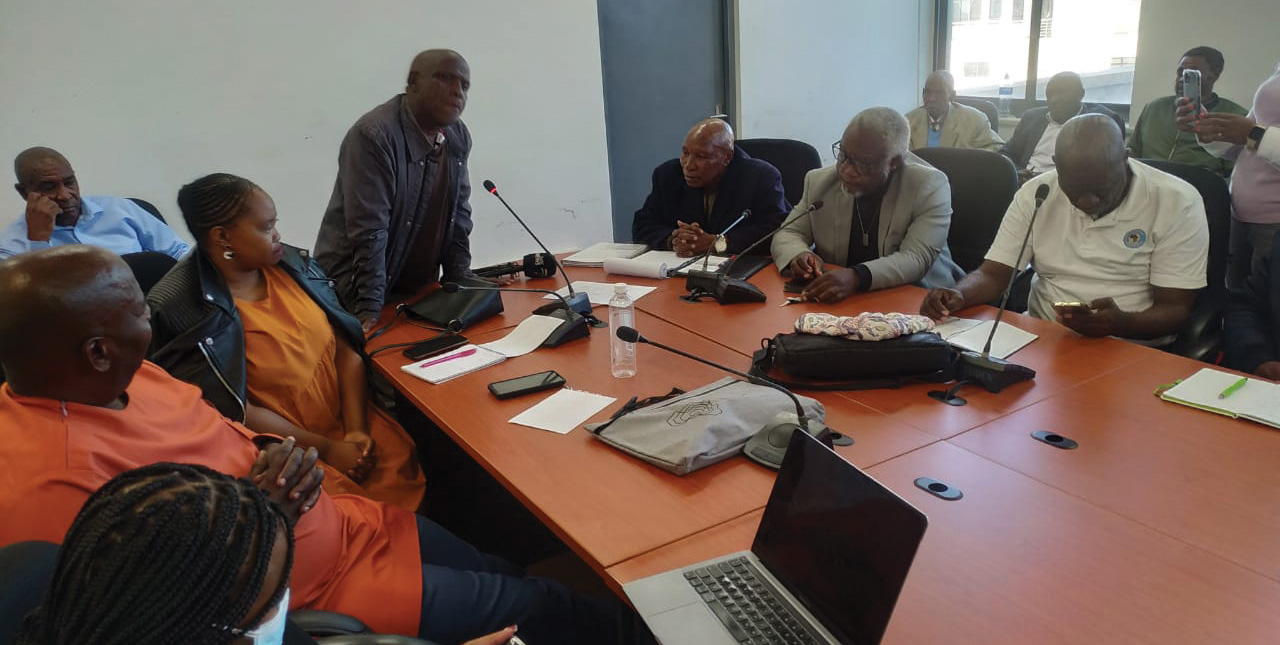
Thousands of ex-miners remain untraceable
5 days ago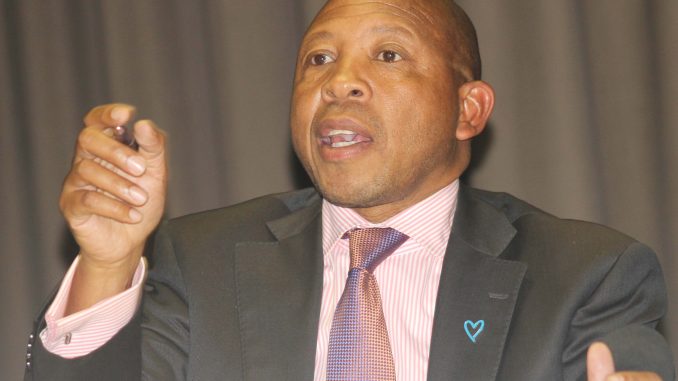

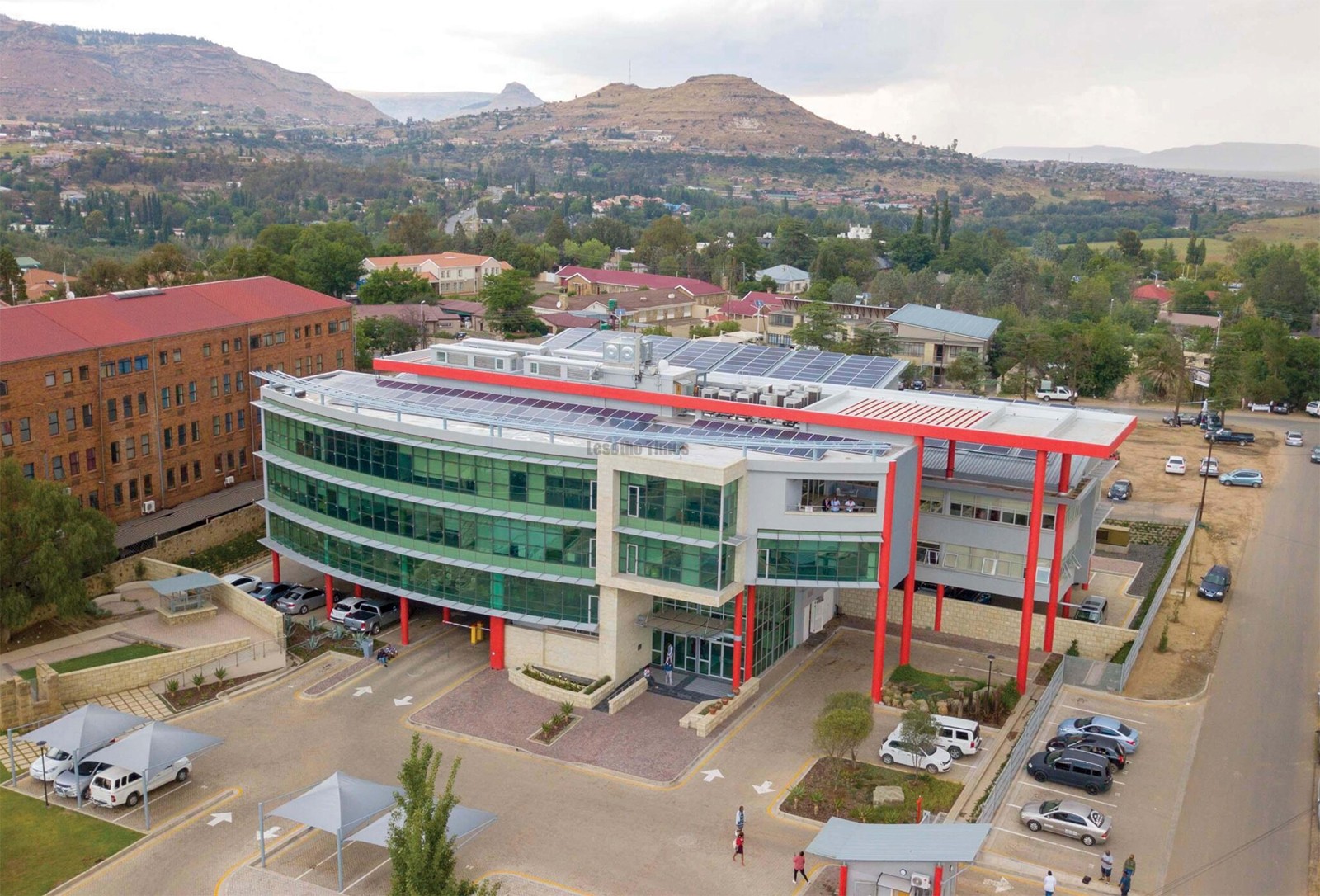
VCL warns against scammers
5 days ago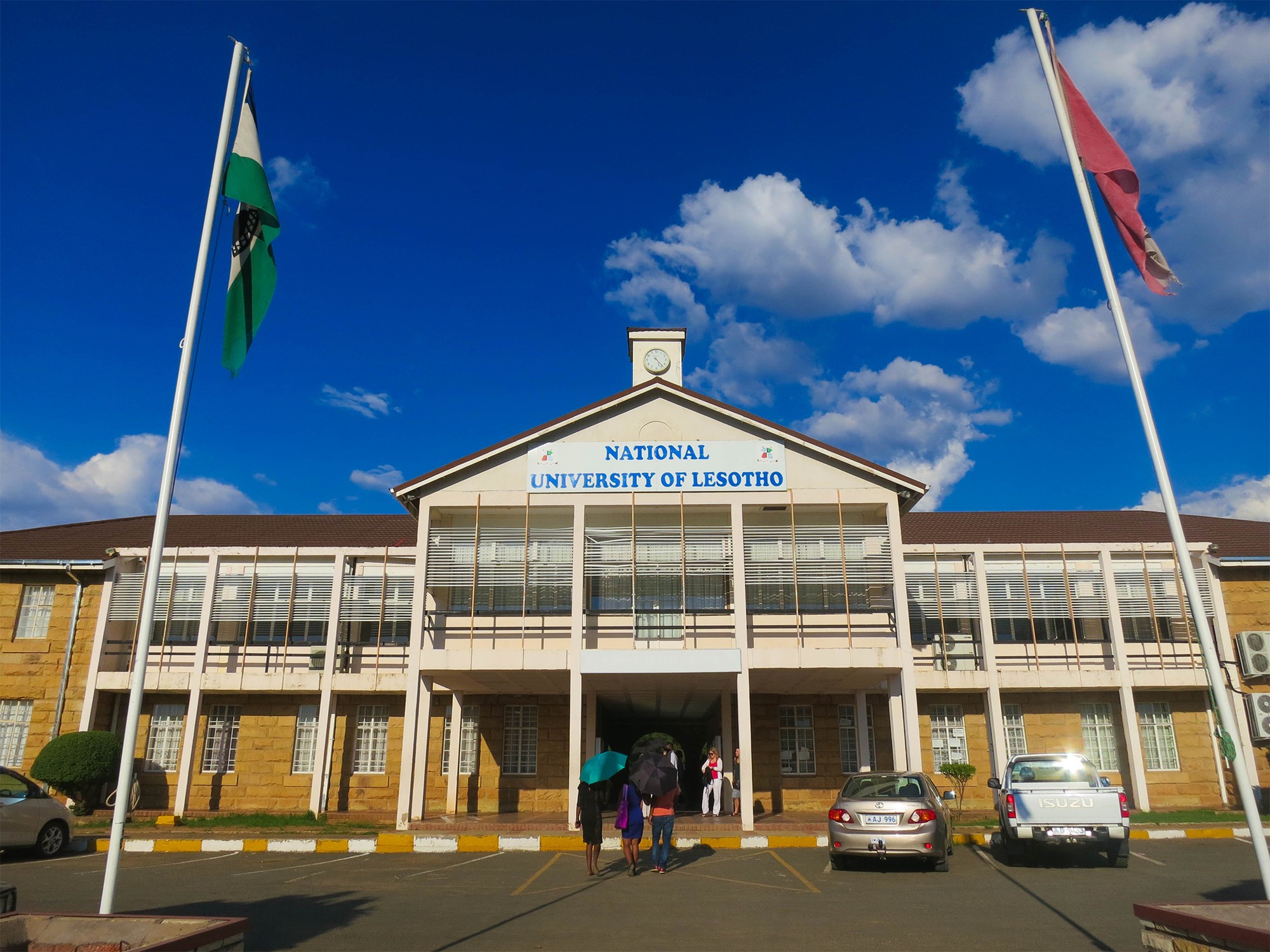
Scholars discuss global health issues
7 days ago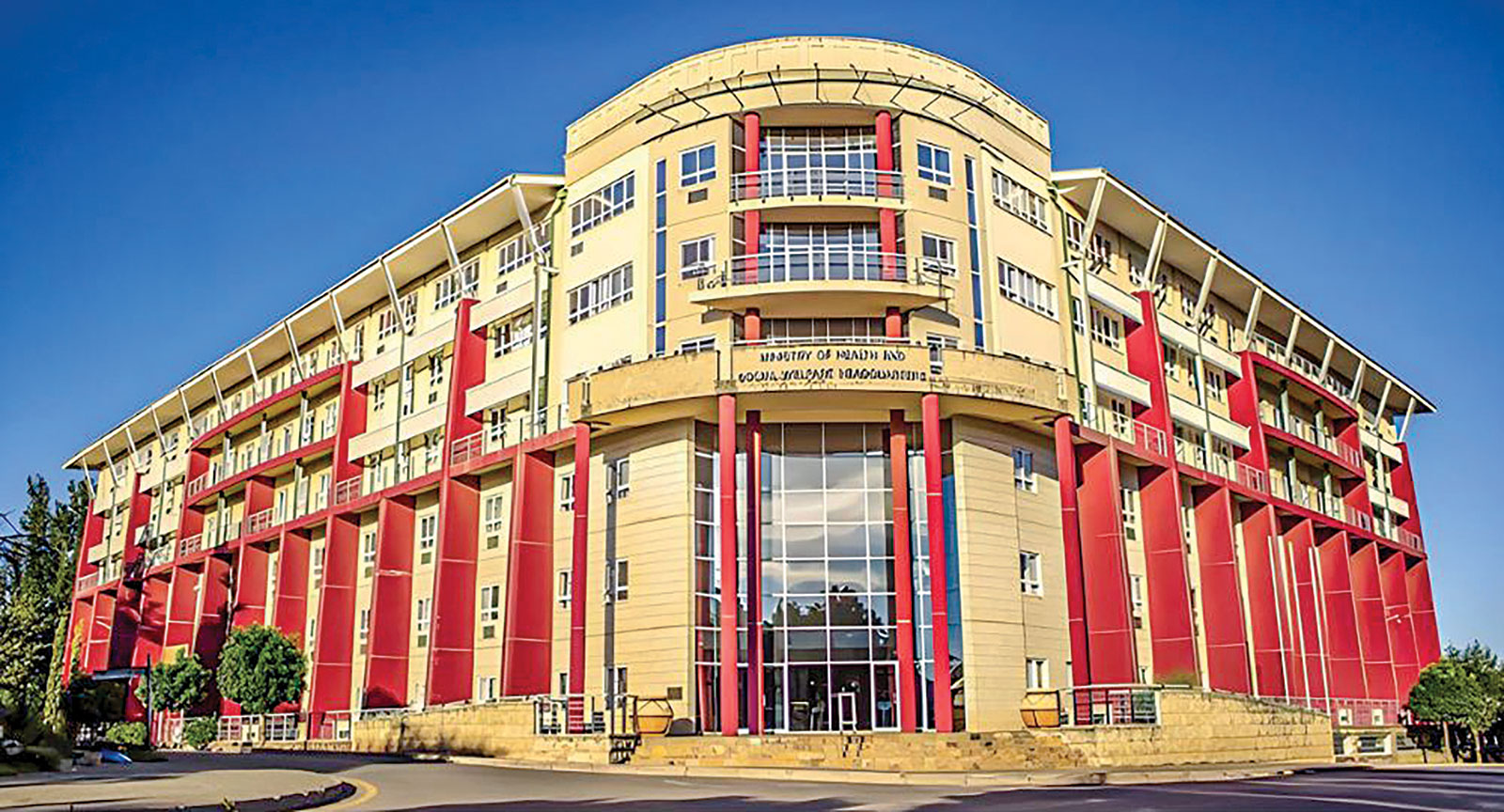

Gambling: A silent crisis among youth
7 days ago
BNP backs govt efforts in US tariff talks
7 days ago
Chinese Language Day to be celebrated
9 days ago